GOTCHA
The "concessions" scam was carefully crafted and designed. It has netted millions of dollars for large property management companies that employed these unethical tactics. They were able to defend this scam for well over a decade by getting the city government to pretend that it wasn’t happening and by heavily influencing decisions in administrative court.
Here are main ways the “rent concessions” scam ensnared renters:
False Advertising (the Bait and Switch). The scheme would not have been possible without false advertising. If a landlord were forced to advertise an apartment for the amount it plans to put on the lease (e.g., $3,500), it wouldn't rent a single unit. Fortunately, the DC Attorney General Karl Racine’s case against Equity Residential exposed that the company had used false advertising to dupe new tenants into signing predatory leases.
Deceptive Leases. Using the “rent concessions” scam, large rental housing companies tricked new tenants into believing the extremely high "rent" on the lease was "just a formality" or "required by rental housing rules." By law, contracts that are based on the deception of either party are void.
Poor Government Oversight. Landlords are required to file rent amounts with the city. The city department that collects these filings, the Department of Housing and Community Development, didn’t check the numbers even if they were wildly implausible. In fact, its policy was not to check the numbers even if a tenant could provide evidence like a bank statement showing that the rent filing was incorrect.
Misleading Forms. The RAD-8 rent increase form was designed by the city but landlords fill in the numbers. The "rents" reported could be $1,500 more per month or more than the actual amount paid. Tenants assumed that because the form looks official the numbers must be sanctioned by the city. In addition, the form wrongly implies that rent increases are mandated, when in fact they are restricted to a maximum amount. Despite successful efforts to end the “rent concession” scam, the District of Columbia continues to direct housing providers to use a confusing form that makes it appear that the city originates the form and that rent increases are mandatory.
Tenants were forced to renew leases under duress. Because they have been deceived into signing leases with an extremely high amount listed as the "rent," tenants are at a severe disadvantage in negotiations the following year. Landlords tell them that they can only get a remotely reasonable monthly rent if they sign a new lease listing an even higher "rent" than before.
There is no practical and effective way to sue. The law stipulates that legal disputes under the Rental Housing Act are to be adjudicated in administrative court, in which tenants appear before a judge without a jury. This is meant to be a simple procedure, but in fact it can drag out for months and can be very costly. Despite successful efforts to end the “rent concessions” scam, tenants still are forced to file most cases against landlords in administrative court, where landlords have inordinate power and in the past have won outrageous decisions that were later overturned.
NEXT: Who is to blame?
